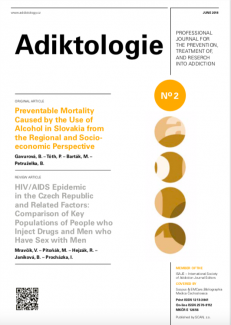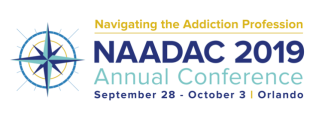Epidemiology and Etiology
Prevalence and Pattern of Psychoactive Substance Use among Female Students in North India
Adiktologie Journal

Magnitude of Substance Use in India

The EPA Congress in 2019
The European Psychiatric Association Congress in 2019 is guided by the Congress motto, Psychiatry in Transition – Towards New Models, Goals and Challenges.
Tasmania Drug Trends 2019: Methamphetamine Use, Markets and Harms

Survey: The National Centre for Clinical Research on Emerging Drugs

13th ISSDP Conference
The 13th International Society for the Study of Drug Policy (ISSDP) will be held in Paris, France on 22-24 May 2019.
The scientific committee is accepting abstracts for the event.
CCSA's Issues of Substance 2019 Conference
CCSA's Issues of Substance Conference will take place at the Westin Ottawa from November 25-27, 2019, as part of National Addictions Awareness Week.
The theme for CCSA's IOS 2019 Conference is Evidence and Perspectives, Compassion and Action.

Webinar: The Biology of Addiction
Drugs of abuse target discrete collections of nerve cells - called circuits- in the brain that normally regulate responses to natural rewards in the environment, like food, sex, and social interactions.

NAADAC 2019 Annual Conference
NAADAC invites you to its 2019 Annual Conference: Navigating the Addiction Profession in Orlando, FL from September 28 - October 3, 2019.
Don't miss six days of education, training, networking, and capacity-building with leaders in the addiction profession!
Topics include:
